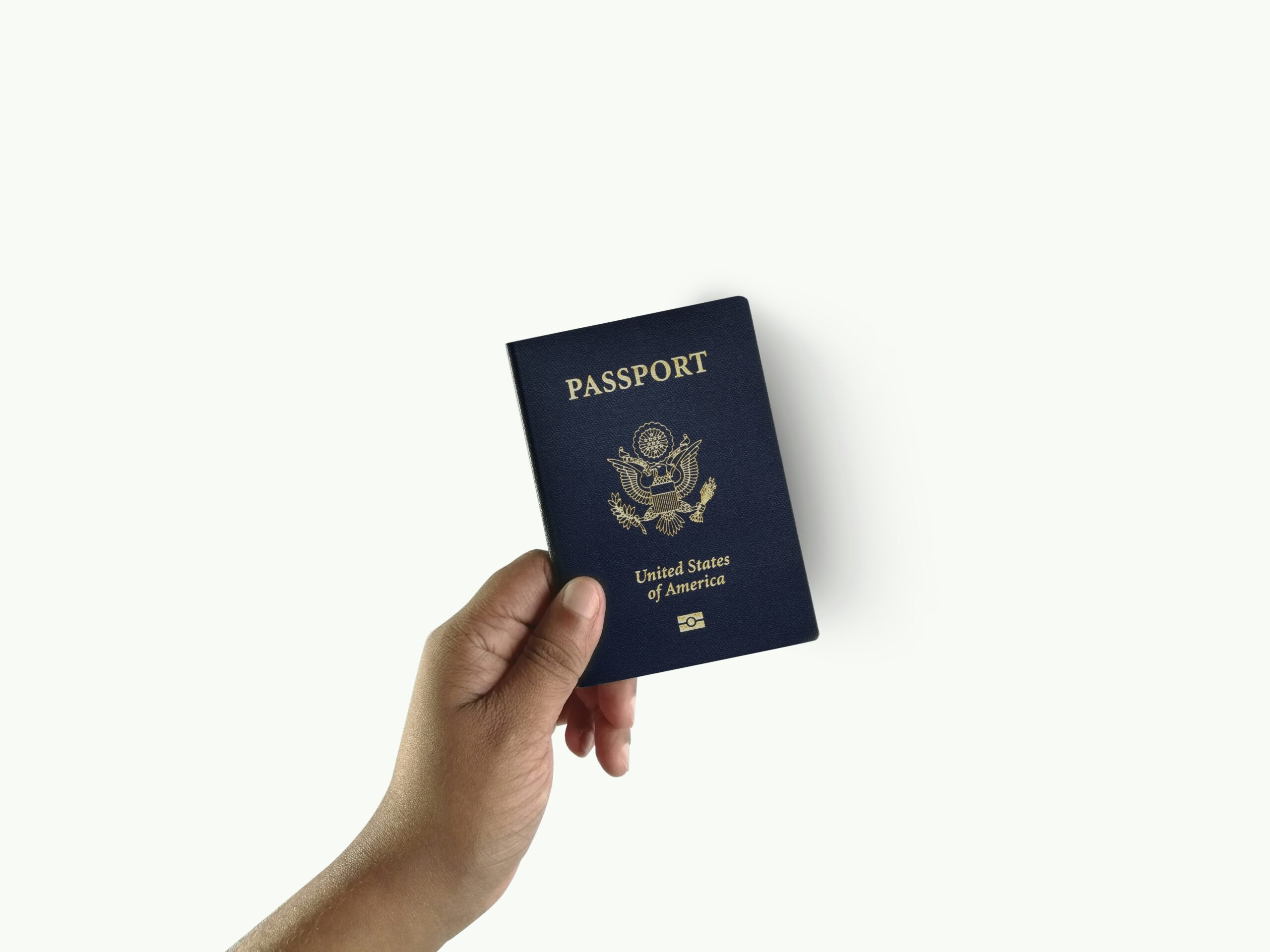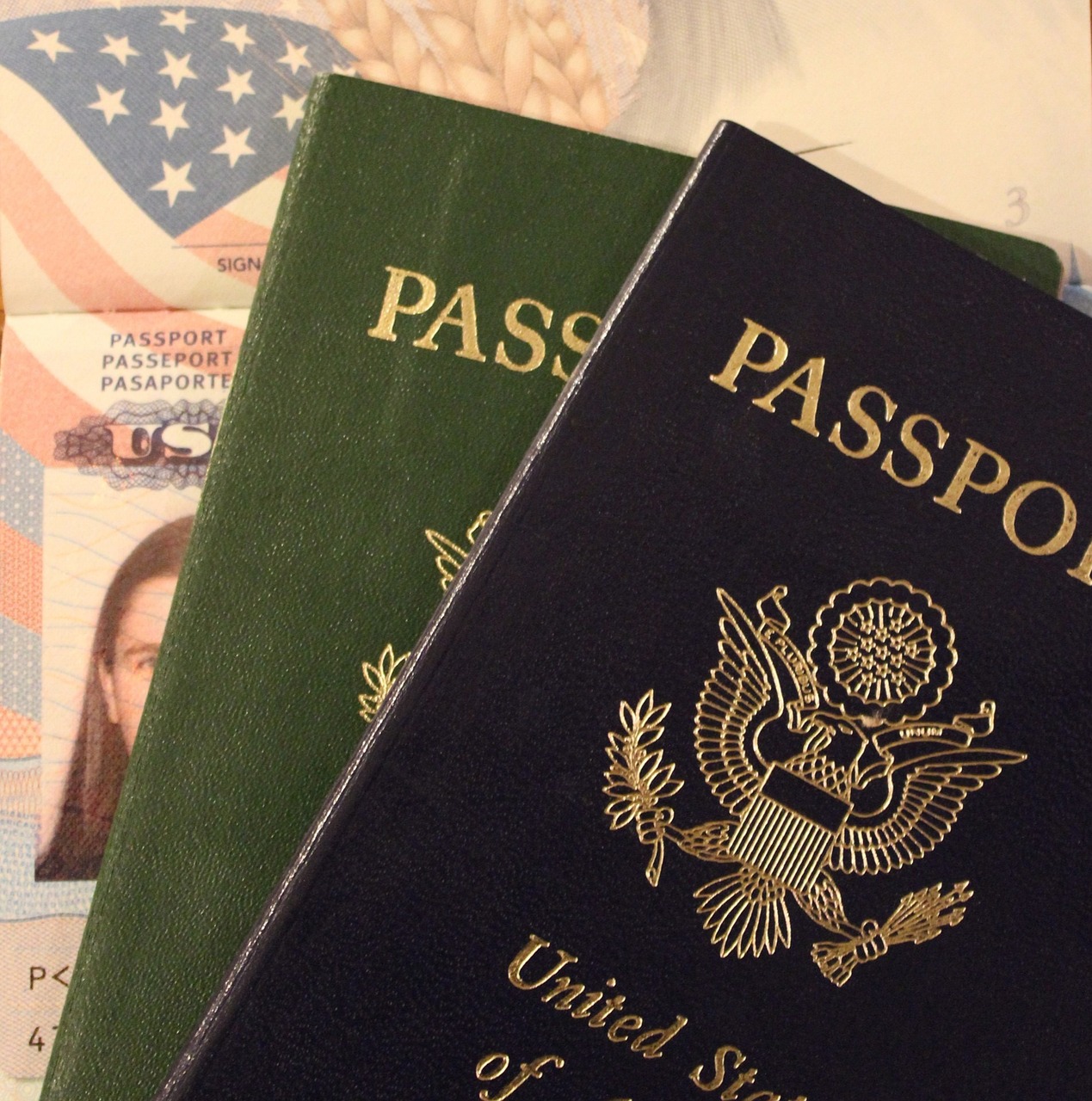Let's get ready for our Green Card interview.
Hi, I'm Jim Hacking, immigration lawyer practicing law throughout the United States out of our offices in St. Louis, Missouri, and San Diego, California.
In today's video, we're going to talk about all the things that I tell my clients, as we prepare to attend their Green Card interview. Now, one of the great things about working with us and that is solid in the way that we handle our cases, is that we keep a copy of everything that we send to USCIS. This is most important. So if you're just getting started in the process, make sure that you keep a copy of everything that you submit. Any applications, you should go to Kinko's and make a full copy of it, or you should scan it all in, so that you have a complete copy of every piece of paper that you've ever given to USCIS.
You're going to want to review that form. You're going to want to review the I-130 petition, which is the petition from the US citizen or the Green Card holder, to sponsor the foreign national for a lawful permanent resident status. You want to read over that I-130. Now remember, when you go to your interview, everything is going to be oral. You might want to have your spouse read the questions to you out loud. That's what I do when I prepare my clients. We do a mock interview and I go over all the questions that I think they're going to ask, based on my years of experience going to interviews, and based on the I-130. I sort of use the I-130 as a framework, because that's what most USCIS officers do.
Then we're going to go over the I-130A, which is another biographical account of all the information. So then that way you have the officer going over the form for the beneficiary, and form for the petitioner, they have all the background information about both of you. Spend some time reviewing that, and if you can, spend some time reviewing that orally, because you want to be very familiar with all the facts of your case.
Then you're also going to want to review the I-45. Now this form, as I've mentioned on numerous videos, has ballooned from four questions to, oh, I don't know, hundreds of questions now on 21 pages of text, and they're split down the middle. So there are a lot of questions on the 45, and there are officers who ask virtually every one of those questions. Now, I was in front of a very experienced officer yesterday and she consolidated all of them and we were in and out in about 12 minutes. That's unusual. Usually, especially with the younger officers, and especially in this age we live in, you're going to get a lot of those questions.
Again, it's really good for the petitioner, the US citizen or the Green Card holder who is sponsoring their spouse, to read out loud those 45 questions. Have you ever been a prostitute? Have you ever been married to more than one person at the same time? Have you ever married someone in order to obtain an immigration benefit? Have you ever been a member of any groups, clubs, organizations, parties, societies, anywhere in the world? All those questions are going to be asked. Eventually I'm going to make some videos, sort of going through those questions one by one. But for now, you definitely want to spend some time reviewing the I-130, the I-130A, and the I-45.
Now, you also want to make sure that you gather all the proper documents. I think it would be helpful to bring your forms with you to the interview, in case something comes up. You could point out to the officer the actual information that you included in your forms, but you're not going to have much time to be pulling out forms, and you certainly can't be reading along. I've never seen that sort of happen. But you're going to want to bring all of your identity documents. You're going to want to bring your passport, your driver's license, your State ID, anything like that. One important tip is, always make sure that your address is current. That whatever address you have on file with USCIS, wherever you're living, you want to have that on your driver's license. They usually don't like it when you don't have it on your driver's license. And that sort of suggests that you're not following the law. The law, of course, is that you get a new driver's license when you're living somewhere.
But more importantly, in a marriage-based case, you want to make sure that the petitioner, and the beneficiary, both have IDs and that they both have the proper address on those IDs. There used to be an officer in St. Louis who made a really big deal about that. He has since moved on, I think to Atlanta. But you really want to make sure that you have updated addresses on your identification cards.
You're going to want to bring all your identity documents, your passport, your birth certificate, your marriage certificate, any original divorce decrees, any original marriage decrees. You want to bring the birth certificates for your children, and you want to make sure that you have all those in a way that you can get to them very quickly. You want to be really organized. I've seen clients come in with a bag full of crap and just trying to be pulling stuff out. That really frustrates the officer. But more importantly, it just gives them more and more time to ask questions while you're digging around in your bag of junk. So it's much better to be very well-organized, and you want to have all those documents ready.
If you're bringing marriage-based photos, then you want to make sure that you have those in a way that the officer can take them. They're not going to take printouts on little pictures that look like this. They're going to want them on a sheet of paper. What we do is we put two on a sheet of paper, and we put a little description under each one of what they are. So we just make a Word document. We put one picture, a description, one picture description, and we give them about 30 pages of those. 20, 25 pages of those.
All your other updated marital evidence, you're going to want to bring to the interview. Between the time that you file and the time that you have your interview, that's a great opportunity to keep developing more and more evidence. That's especially true if the foreign national has received their work card, their travel card, because then they can get their social security number, open the bank account. That's when you really want to pour it on as far as gathering documents. I'll shoot a whole other video about the documents that you want to do on a marriage-based case.
But just know that you want to bring all that stuff in an organized fashion. You want to have maybe an index at the top. Most importantly, if you can, you want to have a two hole punched at the top. So the officer can just put it right into the file. You want to make the whole thing as easy and as seamless as possible on the client. That's one of the things that we do. We organize the file. We yell at you to get more marital evidence, because you're going to say that you can't get any more. And we're going to tell you and push you to get more. Then we're going to organize it in a way that the officer likes to receive it. We really like to have sort of a thud, boom, when we drop the documents on the officer's desk.
That's my advice for you for getting your documents. Again, be very well-organized. Photo albums are fine. Most officers don't look at photo albums, especially in the age of COVID. You really want to have it in a way that's easily presentable to them and that they like receiving it. That's the part about getting ready for the interview. We'll talk more about how to have the right mindset in your interview, and sort of what you should be thinking about during the interview, in our next video.
Thanks a lot and have a great day. Oh, so if you need to get ahold of us, 314-961-8200. You can email us at [email protected]. Be sure to join us on our Facebook group, which is called Immigrant Home. And we have our YouTube channel that you should subscribe to. Then every Tuesday and Thursday, usually around noon, we are live in both those places, answering as many immigration questions, for free, as we can. Join us there every Tuesday and Thursday, usually at noon Central Time. I'll be answering questions on The Immigration Answers Show.
Thanks a lot. Have a great day.








